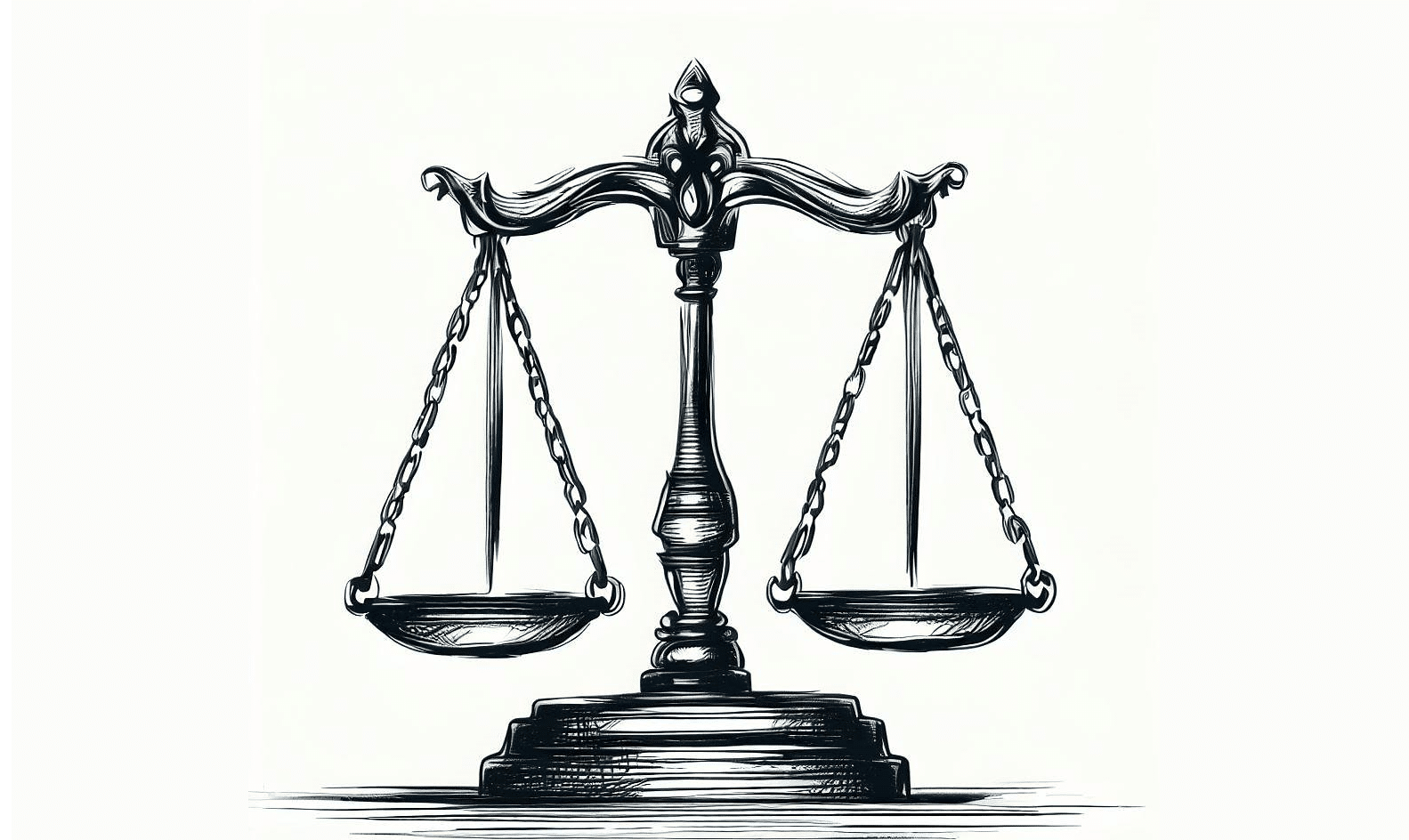Understanding the Key Differences Between Criminal Law and Civil Law
For most people without legal training, the distinction between criminal law and civil law is not always clear. Both involve violations of rules and laws, penalties and consequences, and proceedings in a court of law. However, there are some major differences that set criminal and civil law into two distinct categories.
The Fundamental Purpose of Criminal vs. Civil Law
The primary difference between criminal and civil law comes down to purpose and process. Criminal law aims to uphold public order and safety through punishments and rehabilitation. Civil law aims to resolve private disputes and enforce personal rights.
Criminal Law Objectives
The goals of criminal law are:
- Protect society from criminals and criminal behavior
- Deter future criminal activity
- Punish violations through fines, probation, imprisonment
- Rehabilitate offenders
Crimes are considered offenses against the state or society as a whole, even if specific individuals are the victims. The government, through prosecutors and police, initiates and oversees criminal cases.
Punishments for crimes aim to act as a deterrent, prevent repeated offenses by incarcerating criminals, and rehabilitate offenders. Fines paid go to the government rather than victims.
Civil Law Objectives
The objectives of civil law are:
- Resolve disputes between private parties
- Enforce personal, property, and contractual rights
- Compensate victims for losses
- Deter future negligent or unlawful acts
Civil cases involve private disputes between two or more parties, such as individuals, businesses, or organizations. The harmed party initiates and oversees legal action in civil cases.
Compensation via monetary damages is intended to cover victims’ financial losses and act as a deterrent against future unlawful acts or breaches of duty. Settlements and damages awarded go to the plaintiff rather than the state.
Burden of Proof and Standard of Guilt
Criminal cases and civil cases also differ significantly in terms of the burden of proof and the standards for determining guilt or liability. Criminal cases require the highest standards to find the defendant guilty “beyond a reasonable doubt.” Civil liability can be established under much lower “preponderance of evidence” standards.
Criminal Burden of Proof
In criminal law, the burden of proof always rests with the prosecution. They must prove the defendant is guilty “beyond a reasonable doubt,” which is the highest standard used in court.
This means that in a criminal trial, the state must provide sufficient evidence such that there is no logical or reasonable doubt in the jury’s mind that the defendant committed the crime. It is an extremely high bar to meet.
Defendants in criminal cases are also protected by the presumption of innocence. The accused does not need to prove innocence – the prosecution must affirmatively prove guilt.
Civil Burden of Proof
For civil cases, the burden of proof rests with the party initiating legal action, usually the plaintiff or prosecution.
The standard in civil cases is “preponderance of evidence,” meaning that the plaintiff must show it is more likely than not that the defendant is liable or legally responsible. This is a much lower bar than “beyond a reasonable doubt.”
Either side can win if they tip the scales even slightly over 50% in their favor. It is not necessary to eliminate all reasonable doubt, just to show a majority of evidence supports their side.
Criminal vs. Civil Penalties
The punishments and penalties associated with criminal convictions are typically much harsher than civil judgments.
Criminal Penalties
Potential penalties for crimes include:
- Incarceration (jail or prison)
- Fines paid to the government
- Probation
- Community service
- Drug rehabilitation
- Anger management counseling
- Restitution to victims
Sentences are imposed by judges in criminal cases. Fines and restitution are paid to the court, not victims. Jail or prison sentences involve a loss of liberty and privileges.
Criminal convictions result in a permanent criminal record that can impact the ability to gain employment, obtain professional licensing, secure housing, and more.
Civil Remedies
On the civil side, common remedies include:
- Monetary damages to compensate victim losses
- Injunctions or court orders to stop unlawful acts
- Return of property
- Reformation of contracts
- Public retraction or apology
Damages are monetary payments made by the defendant to the plaintiff to cover actual losses or harms suffered. Punitive damages may also be awarded to punish deliberate or especially harmful acts.
No jail time is imposed, and no criminal record is created. Settlements and damages directly benefit the plaintiff rather than the state.
Key Takeaways: Criminal vs. Civil Law
- Criminal law deals with offenses against society; civil law deals with private disputes
- Criminal cases have much higher proof standards; civil liability requires only a preponderance of evidence
- Criminal convictions result in harsher penalties and a criminal record; civil judgments impose monetary damages and injunctions
- Criminal cases are prosecuted by the state; civil cases are brought by private plaintiffs
- Criminal punishments serve the societal goals of deterrence and rehabilitation; civil judgments compensate victims
Understanding these key differences helps illustrate when conduct or disputes will be dealt with through the criminal system versus the civil system. Both play important and distinct roles within the overall justice system. Consulting with legal counsel helps determine whether an act or injury falls under criminal or civil jurisdiction.







